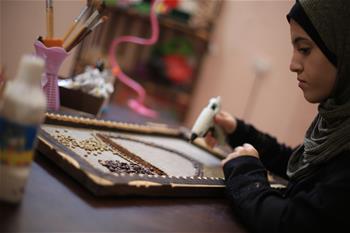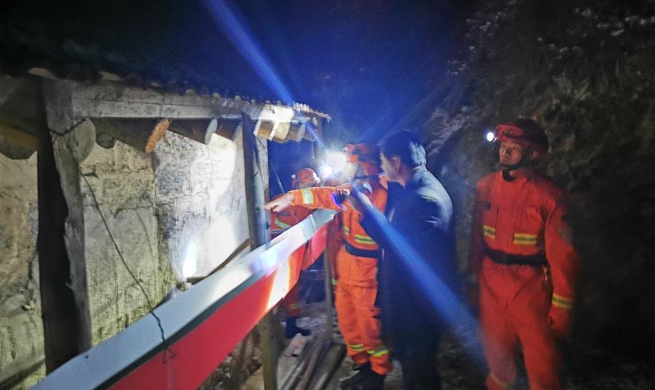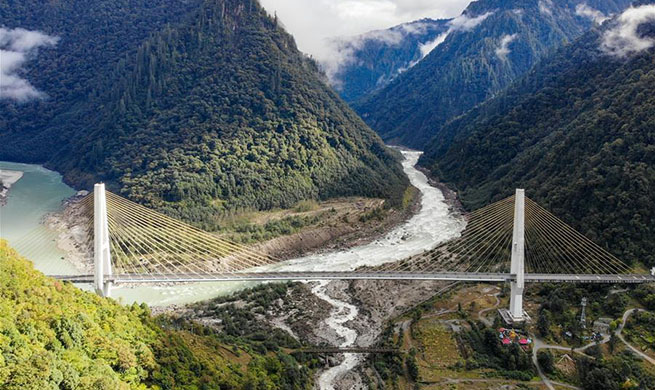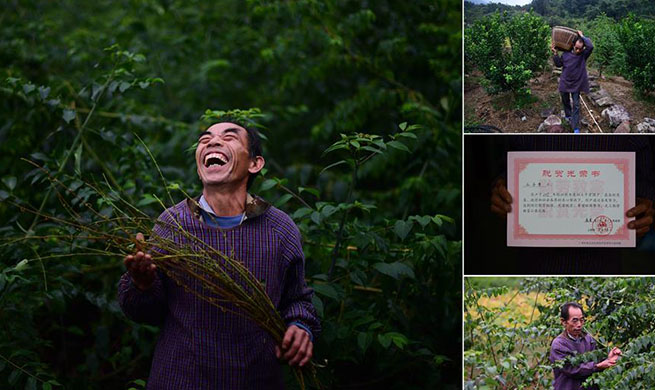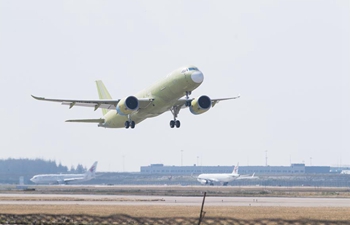HELSINKI, Oct. 28 (Xinhua) -- Concerns about the future of agriculture and rural areas in Europe were raised here on Monday during a meeting of the agriculture committees of the European Union (EU) member states' parliaments.
All EU member states except Portugal sent delegates to Helsinki. Several speakers highlighted the need for sufficient funds from the EU budget to facilitate sustainable farming and maintain profitability.
Chairing the meeting, Anne Kalmari, chair of the Finnish parliament's Agriculture and Forestry Committee, said that farmers all over Europe want rapid decisions. "We must keep in mind key objectives, such as combating climate change, sufficient financing and the position of young farmers," she said. "Domestic production must be maintained in all parts of the EU," she concluded.
Francisco Guerreiro, vice chair of the European Parliament's Committee on Agriculture and Rural Development, voiced concern that the EU's future budget would not suffice for covering the agricultural sector's needs. He said that while the European Commission "still pretends" that the cut would be between 5 percent and 7 percent, it looks like the real decrease to the agricultural and rural budget will amount to 15 percent during the 2021-2027 funding period.
Guerreiro noted that while direct payments to farmers would be cut by 10 percent, rural development may be hit by a 25 percent cut. "The cut in rural funding would hamper efforts to maintain vibrant countrysides," he said.
Representing Poland in Helsinki, Agata Borowiec said the agricultural budget cuts and an increase in national co-financing would risk the attainment of rural development goals in less prosperous EU countries in particular. She reminded participants of the equal rights of all member states and urged solidarity.
Responding to the concerns, Jerzy Plewa, director general of the European Commission's Directorate-General for Agriculture and Rural Development, said that more flexibility will be introduced at the member state level. He said each nation will draft its own national Common Agricultural Policy (CAP) plan, which will be subject to approval by the Commission.
Kalmari said that possible limits to EU support at the individual farm level would cause problems. "Countries should themselves be allowed to decide what kinds of support would be included in the limit, and also decide what factors will increase the limit," Kalmari said.


